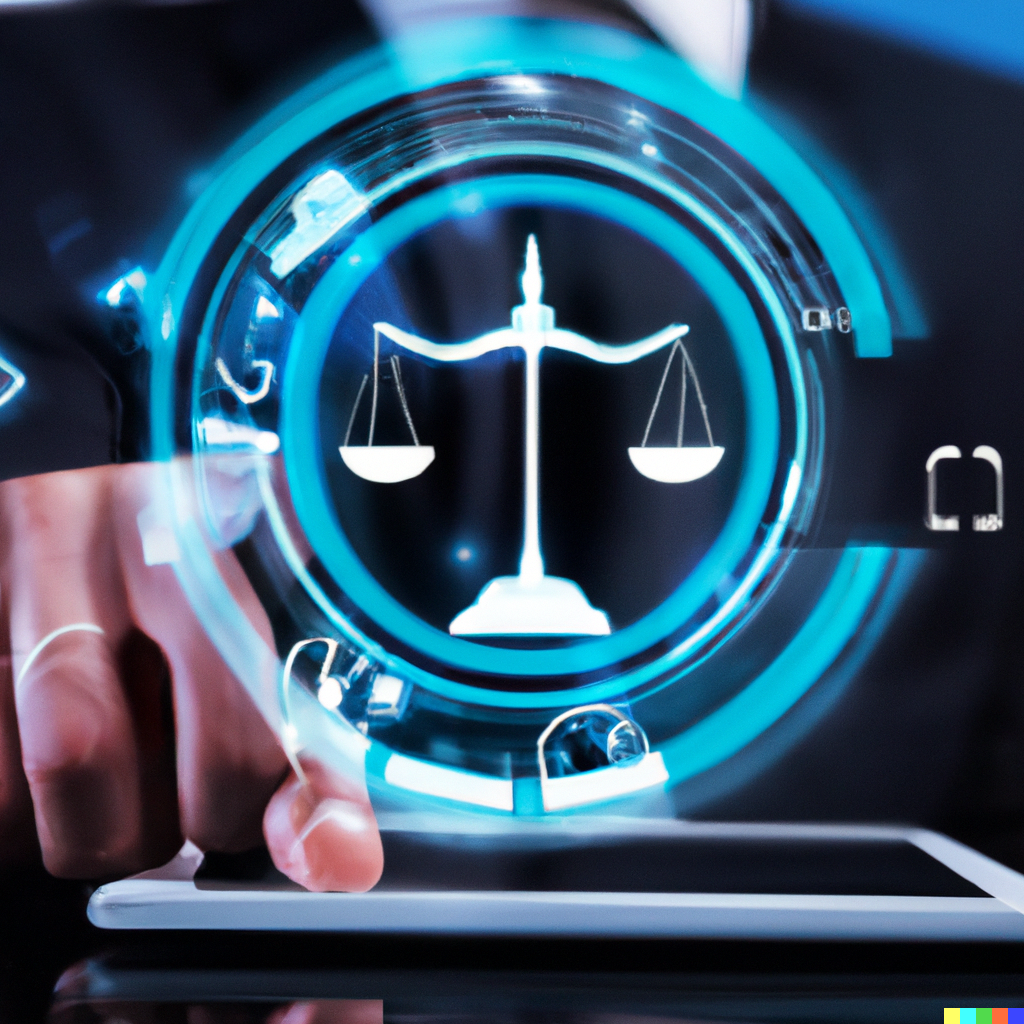October 22 | Legal Technology LegalTech

In a world where digital transformation has disrupted nearly every industry, the legal sector has finally joined the revolution. Legal Technology (LegalTech)—a term once confined to niche startups—is now reshaping how law firms, corporate legal departments, and courts operate. From automating routine tasks to enhancing client transparency, LegalTech isn’t just a buzzword; it’s the future of law.
Legal Technology, or LegalTech, refers to the use of technology and software to provide legal services, streamline workflows, and improve access to justice. It encompasses a broad range of tools and platforms designed to assist lawyers, paralegals, and clients in handling legal processes more efficiently.
Common examples include:
LegalTech’s rapid adoption has been fueled by client demand for efficiency, transparency, and cost savings—all areas where traditional legal models have often struggled.
Several key trends have accelerated the LegalTech revolution:
Law firms are under increasing pressure to deliver more value with fewer billable hours. Automation tools, AI assistants, and cloud-based solutions allow firms to cut costs, minimize human error, and enhance collaboration across teams.
LegalTech isn’t just for large firms. Startups and nonprofits are leveraging technology to bridge the justice gap, providing affordable or even free legal services through chatbots and virtual consultations.
Data analytics tools now enable lawyers to predict case outcomes, evaluate judge tendencies, and make data-informed strategic decisions. This move toward evidence-based legal practice marks a fundamental shift in how cases are managed.
The COVID-19 pandemic normalized virtual court hearings and remote collaboration. Cloud-based LegalTech solutions have made it easier than ever for legal professionals to work securely from anywhere.
Let’s explore the technologies making LegalTech possible:
| TechnologyApplication in Law | |
| Artificial Intelligence (AI) | Legal research, contract review, predictive analytics |
| Machine Learning (ML) | Document classification, eDiscovery, due diligence |
| Blockchain | Smart contracts, notarization, secure transactions |
| Natural Language Processing (NLP) | Legal document summarization, chatbots |
| Cloud Computing | Secure, scalable access to case management and data storage |
| Automation & RPA | Task scheduling, billing, compliance reporting |
These technologies are redefining how legal work is performed—moving from manual, time-intensive processes to intelligent automation that enhances productivity and accuracy.
Despite its promise, LegalTech isn’t without hurdles:
Forward-thinking firms are tackling these challenges by investing in LegalOps teams, ethics review boards, and continuous technology training.
The next phase of LegalTech will likely involve deep integration of AI, blockchain-based smart contracts, and predictive analytics that can anticipate client needs. Moreover, the democratization of legal tools will empower individuals and small businesses to access quality legal support without traditional barriers.
In the near future, we might see:
The legal industry is evolving from tradition-bound to tech-enabled, and firms that adapt will lead the way.
LegalTech is more than a technological upgrade—it’s a cultural shift in how law is practiced and delivered. Firms embracing these innovations will not only stay competitive but also redefine the client-lawyer relationship for the digital age.
Whether you’re a solo practitioner exploring automation tools or a corporate legal department seeking AI-driven analytics, LegalTech is the key to the next frontier of legal excellence.
SHARE THIS:
© Copyright 2026Global Tech AwardsAll Rights Reserved